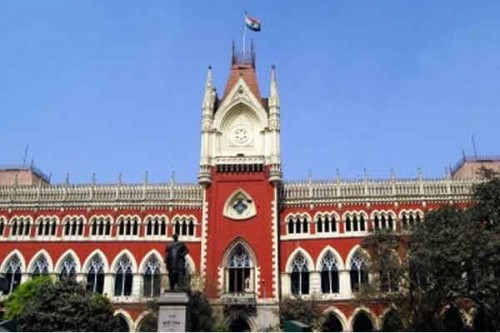Bengal school job case: Calcutta HC cancels 25,753 appointments made in 2016

Kolkata, April 22 (IANS) In a major setback for the Mamata government, the division bench of the Calcutta High Court, on Monday, cancelled all the appointments in the teaching and non-teaching categories made by the West Bengal School Service Commission (WBSSC) in 2016.
The division bench of Justice Debangsu Basak and Justice Shabbar Rashidi cancelled a total of 25,753 appointments made by WBSSC which include secondary and higher secondary teachers and non-teaching staff in Group-C and Group-D categories.
The division bench also directed that the candidates from the expired panels, who got appointments, have to return the entire salary drawn by them within the next four weeks. They will have to return the amount along with an annualized interest of 12 per cent.
Besides directing the WBSSC to start a fresh recruitment process, the division bench also directed the Central Bureau of Investigation (CBI) to carry on with its investigation into the matter. CBI also could take into custody anyone they feel necessary for interrogation, the division bench observed.
The division bench also took cognizance of the state cabinet’s decision for the creation of super-numeric posts. As per the order of the division bench, the CBI, if necessary, can also question the masterminds behind the creation of the super-numeric posts, which had been under the cloud since the beginning.
It was perceived that the super-numeric posts were created to provide rooms for the ineligible candidates recruited illegally.
The only exception was made in the case of one candidate Soma Das on humanitarian grounds. Her recruitment will not be cancelled as she is a cancer patient.
As per the order of the division bench, WBSSC will also have to upload all the optical mark recognition (OMR) sheets on its website, so that the common people will be able to access them.
The division bench of Justice Basak and Justice Rashidi was constituted to hear all the cases related to the multi-crore cash-for-school job case in West Bengal following a direction from the Supreme Court, which also directed the division bench to complete the hearing process in a time-bound manner.
Although the hearing in the matter concluded on March 20, the Division Bench had kept the verdict on reserve. On that day, Justice Basak made a significant observation that there was nothing good in the entire recruitment process. He also observed that recruitments had been made in excess of the vacant posts and those extra appointments needed to be terminated.

|

|

